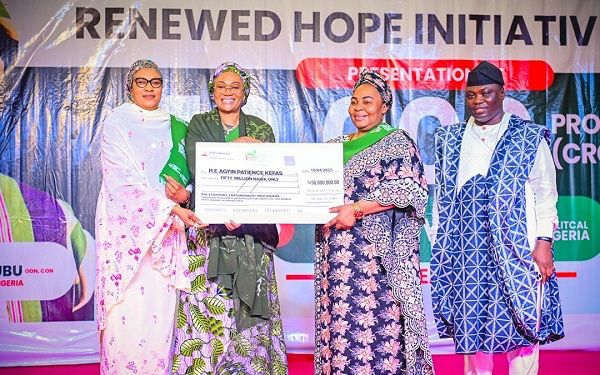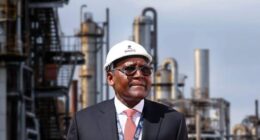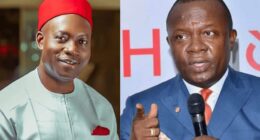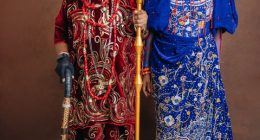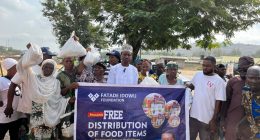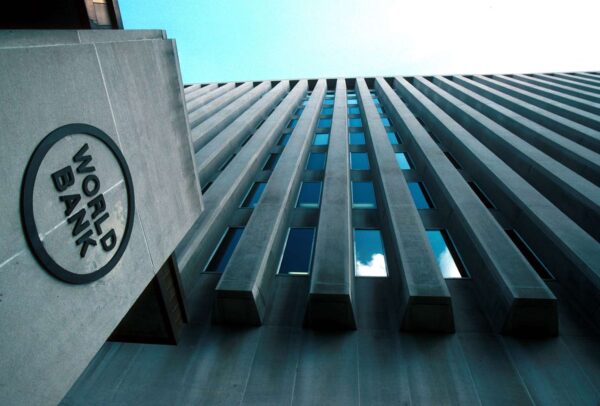
Temitope Ajayi, Senior Special Assistant to President Bola Tinubu on Media and Publicity, has sparked a debate by calling for Nigeria to establish its own poverty measurement parameters, distinct from those used by the World Bank. His comments follow a controversial statement by Tope Fasua, the President’s Special Adviser on the Economy, who argued that $1 holds significant purchasing power within Nigeria
Ajayi, in a statement posted on his ? (formerly Twitter) handle, defended Fasua’s stance, asserting that the true value of money lies in its purchasing power within the local market, rather than its exchange rate against foreign currencies. He criticized the World Bank’s projections, claiming they often fail to reflect the realities of the Nigerian economy.
“In a recent podcast, Tope Fasua, Economic Adviser to the President, made a valid economic argument that we should not get trapped in the western/World Bank/IMF classification of poverty,” Ajayi stated. “Dr. Fasua made the point that whereas $10 or more might not get a decent meal in the US, $1, which is equivalent to ?1600 or so at the current exchange rate, will get a decent meal in Nigeria.”
Ajayi argued that the value of money should be assessed based on purchasing power parity, comparing what can be bought with a specific amount of money in different countries. He emphasized that Fasua’s comments were not intended to downplay Nigeria’s economic challenges, nor to suggest that the Nigerian economy is superior to that of the United States.
“The real value of money is what money can buy,” Ajayi wrote. “When people like Tope Fasua say the equivalent of $1 can get a decent meal in Nigeria while $10 may not get you a decent meal in America, they are not underplaying the biting reality of our economic condition. They are also not implying that our economy is better and stronger than that of the United States.”
The comments have ignited a flurry of reactions on social media, with some supporting the call for a localized poverty measurement and others criticizing the administration’s perspective. Critics argue that relying solely on purchasing power within Nigeria could obscure the severity of the country’s economic challenges and its global standing. The debate highlights the ongoing discussion about the most effective methods for measuring and addressing poverty in diverse economic contexts.

